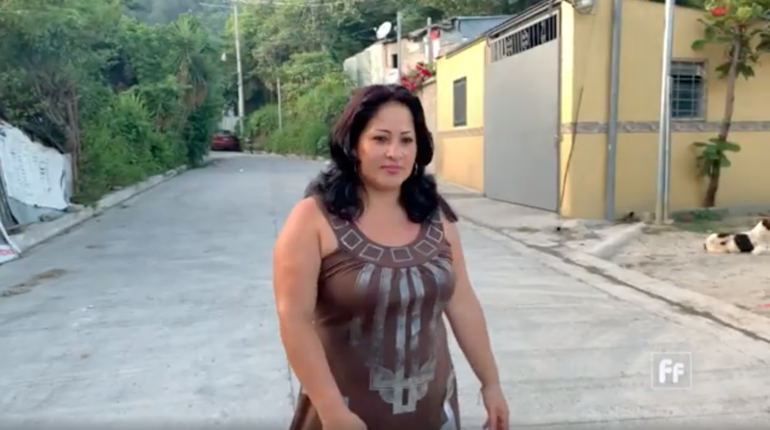Violence against women is a staggering program worldwide. One-third of all women in the world have been the victim of violence.
Sexual Assault Justice
When it comes to sexual violence in the U.S., 1 out of every 6 American women has been the victim of an attempted or completed rape. But out of 1,000 perpetrators, only 25 will be convicted and serve time behind bars.
Amanda Nguyen is a sexual assault survivor and founder of Rise, a civil rights organization that fights for the rights of sexual assault survivors worldwide. She’s also a Nobel Peace Prize nominee.
“When my journey in activism started, it was borne out of rage. I was furious,” Nguyen said in an interview with host Mike Walter. “I felt so betrayed by these ideals that I had grown up with that America promised equality under the law that survivors would have access to a process that promised us justice. And instead, I found this is a very broken system.”
Nguyen was instrumental in passing the Sexual Assault Survivors Bill passed in 2016, only the 21st bill in modern U.S. history to pass unanimously in the U.S. Congress. The landmark legislation guaranteed survivors a rape kit and made it a requirement to preserve rape kits for the length of a case’s statute of limitation.
Gender Equality in Latin America
Latin America has the highest rates of gender-based violence in the world. In order to change this trend, the Organization of American States has created a specialized agency for the protection of women’s rights and gender equality. Luz Patricia Mejia is the head of this office. She says the right to an abortion is one of the basic human rights women need to have.
“Most of the countries in Latin America ban relationships with girls before they are 14 years old. But we see the rate of girls that are pregnant. They are banned to get an abortion while the men that are the sexual abusers are not prosecuted,” Mejia said.
Mejia said she is hopeful people change their minds about abortion when they realize the impact of a ban has on girls’ and women’s lives.
“People change with information, with accurate information, about what is happening with women who have to face insecure abortions,” she said. “What’s happening in their bodies, what’s happening in their lives? What happened with a woman has to carry out a forced maternity. Who is happy with that? Nobody is happy with that.”
El Salvador has one of the highest rates of gender-based violence in the region. Being a young woman often means enduring abuse, neglect and the most severe anti-abortion laws in Central America.
The combination of all these issues, plus high poverty and inequality, have created a deadly situation for some women, who choose suicide. Women are now organizing themselves to change old mindsets.
 CGTN America
CGTN America
